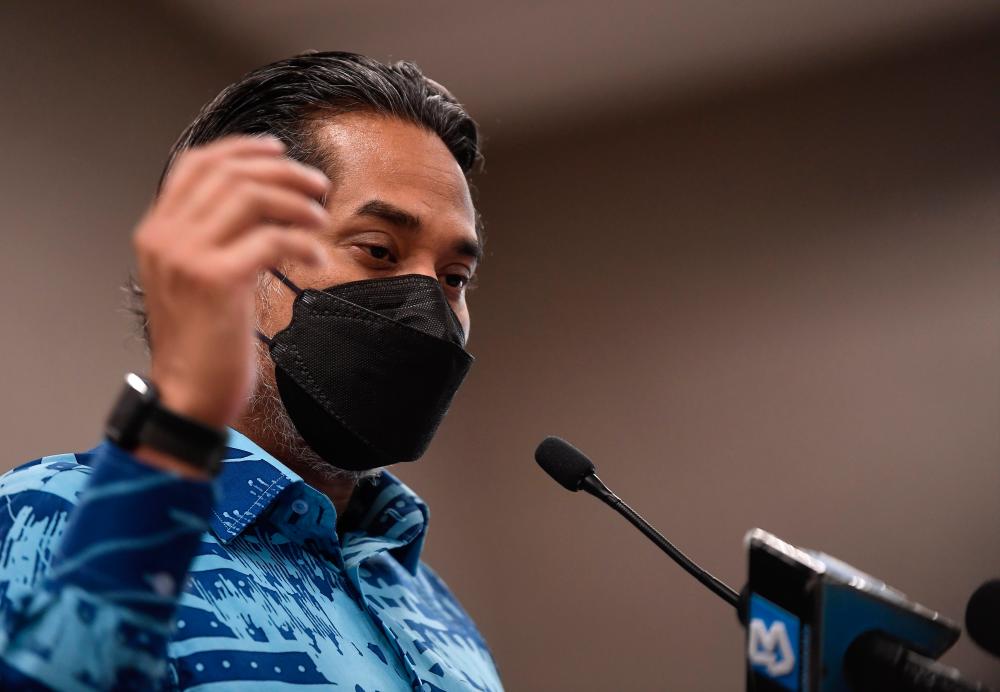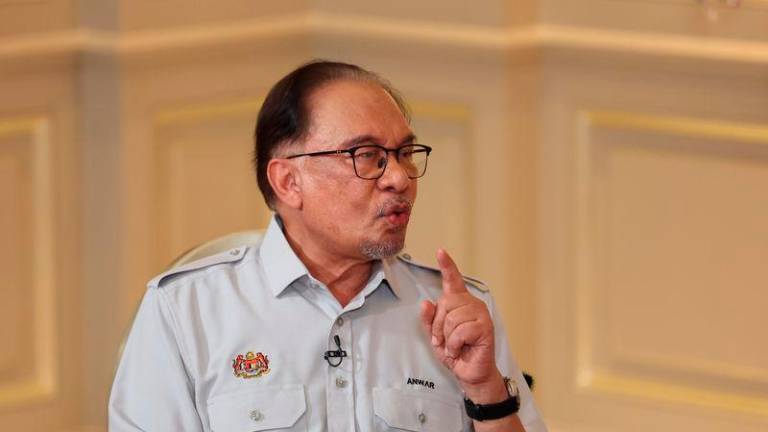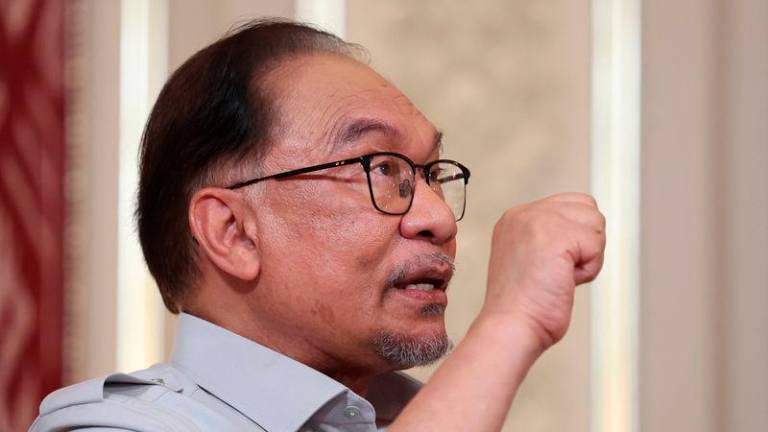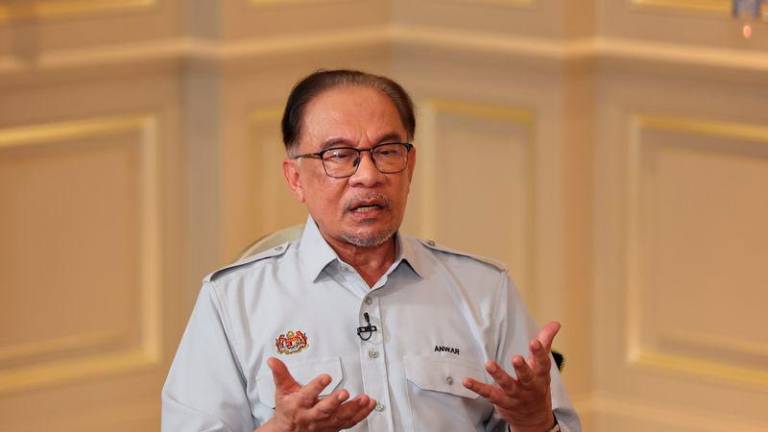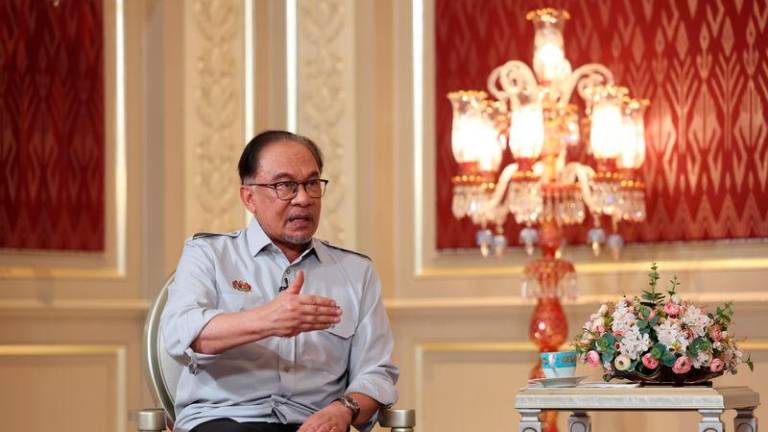KUALA LUMPUR: Health Minister Khairy Jamaluddin (pix) has described violence against women as a health issue, a violation of women’s human rights, bodily integrity, and sexual and reproductive rights.
He said abused women were more likely than non-abused women to engage in high-risk behaviour, such as smoking and substance use disorders.
“Furthermore, the chronic stress caused by violence is linked to higher rates of chronic diseases (such as heart disease and diabetes), mental health disorders and infections for abused women,” he said in his recorded keynote address at the second annual Malaysia Women and Girls Forum, organised by the United Nations Population Fund Malaysia, today.
Meanwhile, Khairy also pledged to do more to create policies that will ensure protection and focus on the wellbeing of women and girls in all aspects of this country.
“The right to bodily autonomy is a promise that is legally endorsed by the laws of our land for each and every Malaysian. Yet, I will not deny that there are essential social and legal gaps that need to be bridged when it comes to our women and girls,” he added.
Khairy noted that as a sovereign state, Malaysia has commitments towards upholding human rights for all Malaysians, which include the rights to equality, dignity, autonomy, information and bodily integrity, and respect for private life and the highest attainable standard of health, including sexual and reproductive health.
Malaysia is also a signee of the International Conference of Population Development (ICPD) and its Programme of Action in 1994, which ensures the rights and reproductive choices for women and girls, followed by the Convention on the Elimination of All Forms of Discrimination Against Women (CEDAW) in 1995, as well as ratifying our commitment to ICPD during the Nairobi conference in 2019, he said.
“These are not aspirations, they are commitments. Commitments that are rooted in the understanding that, just like most countries in the world, we must do better to ensure that can fulfil the absolute potential, rights, and choices of people, no matter their age, sex, or creed.
“And we have set a target to achieve this by 2030, in line with the United Nations Sustainable Development Goals (UNSDGs).
Khairy said the government had been making efforts to stop domestic violence against women including setting up a One-Stop Crisis Centre which aimed at providing a consolidated processing point for survivors of violence to have access to protection, healthcare and justice.
In conjunction with World Mental Health Day 2021 last October, Khairy said he had launched the National Strategic Plan for Mental Health 2020-2025, that among others highlight inter-sectoral collaboration and crisis preparedness in addressing mental health issues, suicide and suicidal behaviour.
The minister said when it comes to women and girls healthcare, Malaysia has made incredible strides over the past 50 years including rates for maternal mortality which has dropped from 56.4 per 100,000 live births in 1980 to 23.5 per 100,000 in 2018 and in the same period, safe delivery by skilled birth attendants has also increased from 38 per cent to 99 per cent.
“We have also successfully reduced the number of new HIV cases to 9.3 cases per 100,000 of the population in 2020 - and have been able to maintain the rate of HIV vertical transmission from a mother to child below two per cent.
“During the vaccine rollout, our Ibunisasi campaign kicked off in June 2021 and catered solely to pregnant and nursing mothers, the first of its kind in the world,” he said.
In his capacity of Minister of Health and Coordinating Minister for Vaccine Rollout, Khairy said he had the privilege of bearing witness to incredible feats of heroism and selflessness – especially by women and girls.
“From nurses, doctors, volunteers, cleaners, service providers, caregivers, CSOs (civil society organisations) and civil servants, we would not have been able to gather here now today in relative safety, if it was not for their dedication, tireless effort and sacrifice.
“Mere words of appreciation fall short of expressing how much we owe our women and girls. And we must consistently try to ensure that we provide every available platform for you all to thrive,” he said. — Bernama



